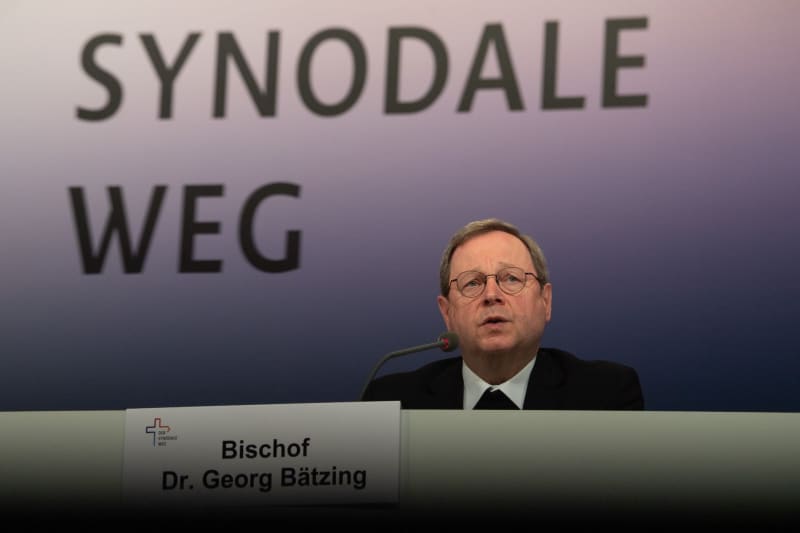DPA

The latest in a series of conferences aimed at reforming the German Catholic Church came to a close in Frankfurt on Saturday, with several concrete decisions on church reform being agreed upon by delegates.
The president of the German Bishops’ Conference, Georg Bätzing, described the three-day meeting in Frankfurt as a “great success.”
“We are changing the concrete actions of the Church, and I have great hope that we will succeed in breaking through into a changed culture: clearly more participatory, more just, with shared responsibility for all.”
The Synodal Assembly decided to offer church members greater input into the selection of new bishops in the future, and also discussed the church’s stance on sexuality and celibacy in some detail.
The debate was timely, coming as it did in the wake of the recent #OutInChurch initiative, in which 125 church employees came out as LGBTQ.
There was clear majority support for a text that recognized homosexuality as a sexual identity of equal value to heterosexuality, and which argued that nobody should be denied ecclesiastical office or ordination to the priesthood on the grounds of their sexual preference.
The assembly also came out in favour of the blessing of homosexual partnerships, the admission of married priests and the appointment of female deacons.
Many of these statements are merely expressions of opinion by the synod which could not come into effect without action from the Vatican.
The conference has been overshadowed by an independent report published last month detailing widespread allegations of child sexual abuse and misconduct lasting decades in the archdiocese of Munich and Freising.
The claims reach as high as the Vatican, after it was revealed that Pope Emeritus Benedict XVI – Cardinal Joseph Ratzinger – had made a false statement during his time as archbishop of Munich, between 1977 and 1982, regarding his involvement in reviewing the case of a priest accused of abuse.
This week’s assembly in Frankfurt brought together 69 bishops, 69 representatives of the Central Committee of German Catholics (ZdK) and 92 representatives of various Catholic professional groups.



